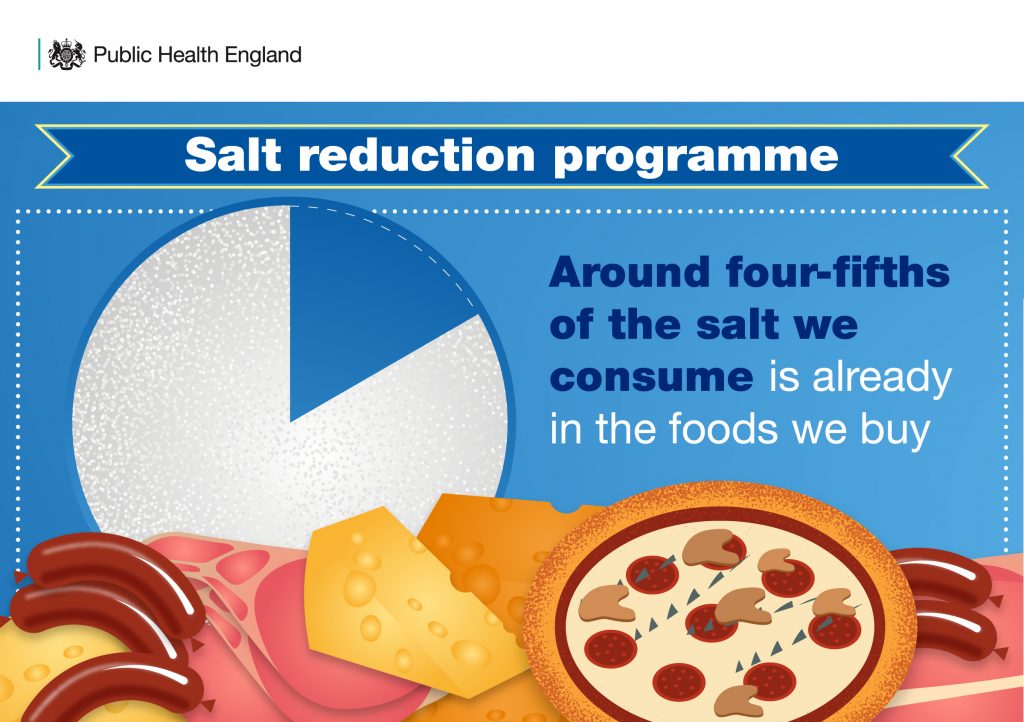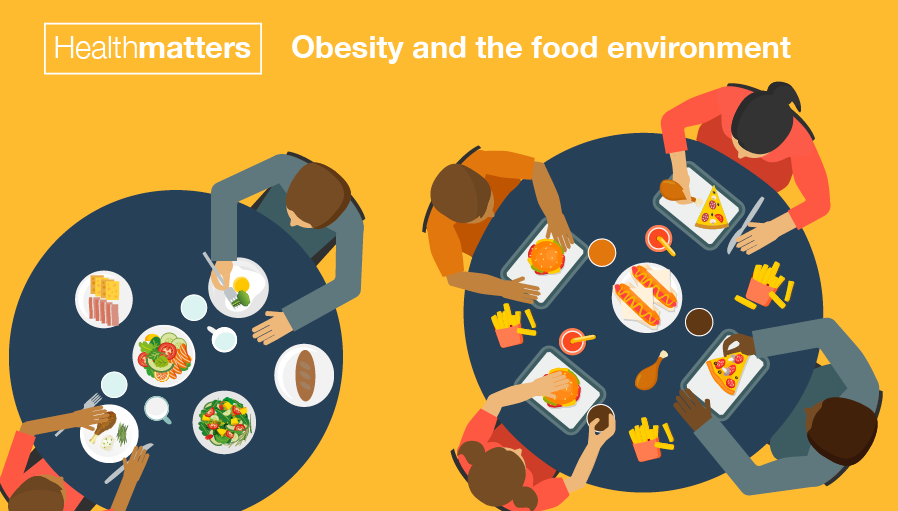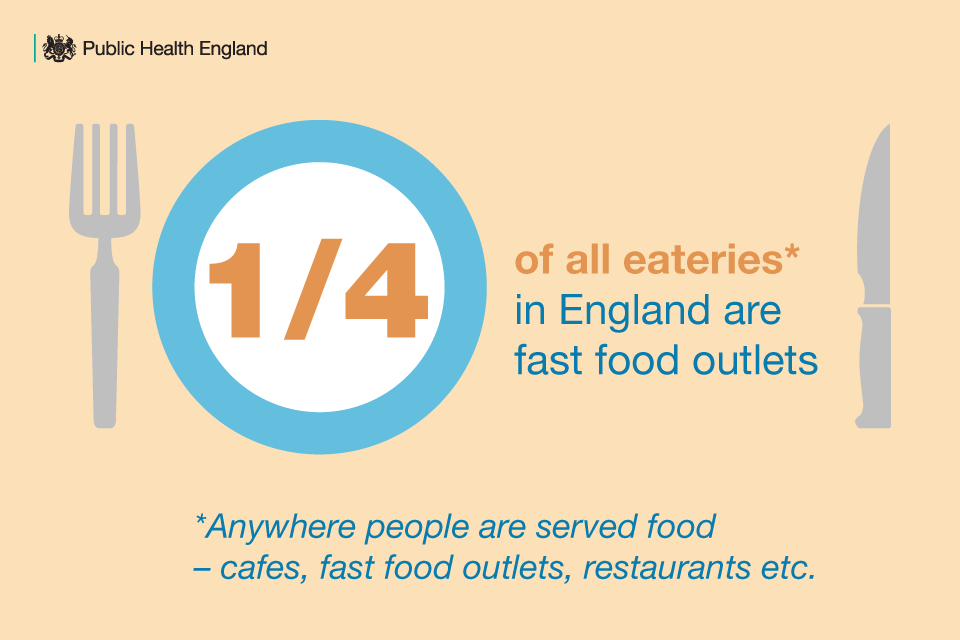Investing in weight management services

Earlier this month the Government announced £100 million of new funding to help support people in achieving a healthier weight. Find out what the funding will be used for and how PHE is supporting local authorities and service providers.








